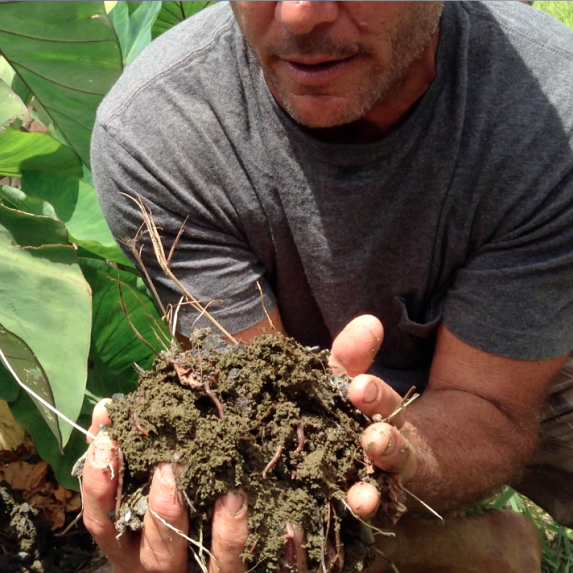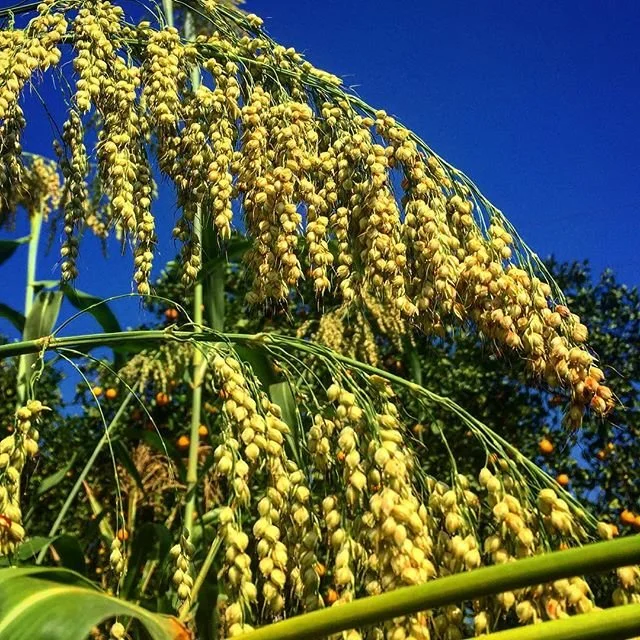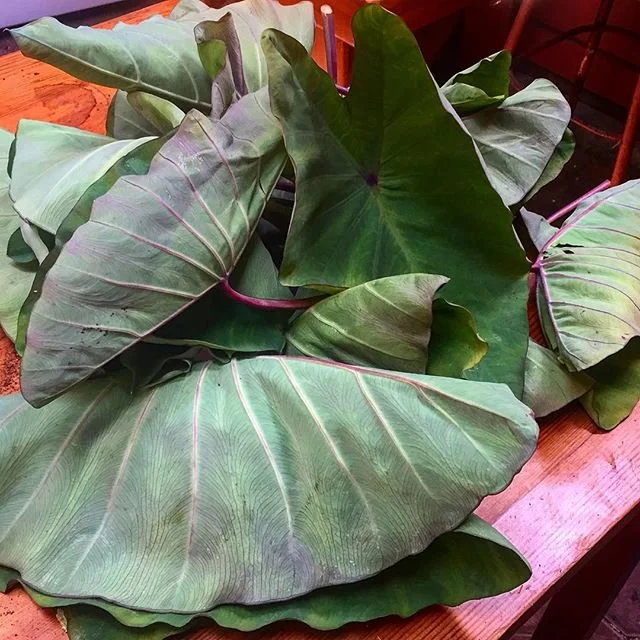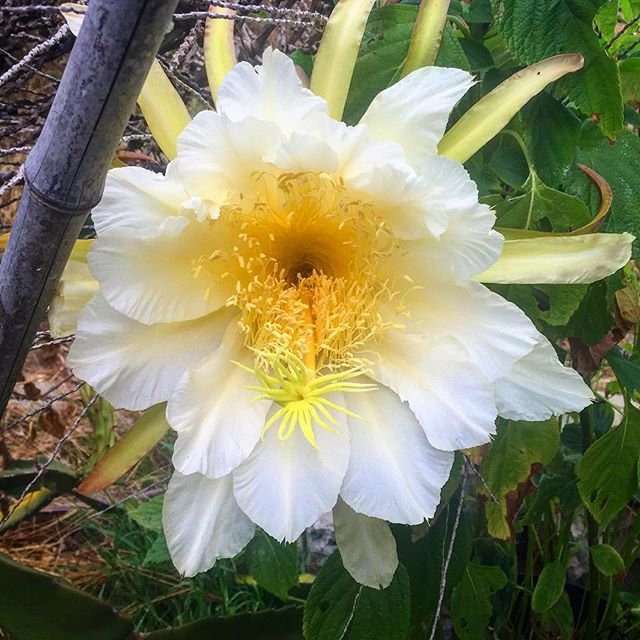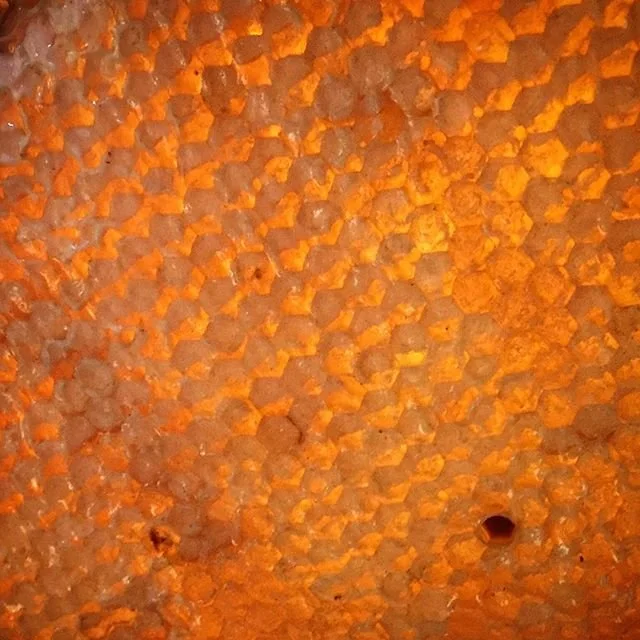What is “organic”? Is “organic” just an illusion?
One illusion of what is “organic”
A good friend sent us an email linking to a great article by the Healthy Home Economist, on the illusion of where our food comes from, and what should be considered organic and what is not. We think it’s a very educating article and we want to share another view on it.
In case you were unsure, we have developed our systems using aquaponics, never hydroponics, and we are against hydroponics due to not only it’s detriment to the earth, but also because it produces low quality, nutrient deficient produce.
We have had our aquaponics vegetables and fruits tested and they have received incredibly high ratings in bricks and nutrient density, due to the unique systems we have set up using living medium: fish, worms, microbial culture…
In the article it mentions that aquaponics produce should not be given an organic mark – Living Earth Systems is not regular aquaponics. We feel like aquaponics the way we do it should be in the category of “organic” (even “beyond organic”) because with all of the food we produce there are byproducts of new high quality soil, worms, microorganisms, compost…
We do not use an inert medium in our aquaponics systems, we use a living medium. Once a system is built, we bring in no external input – feeding fish organic food that we grow onsite, using compost created by worms on site. We grow the food for the fish, straight from the fish. They grow their own food aquaponically (fish water feeds plants, plants feed fish). Coconuts watered by the ponds and floating ferns both become fish and worm food.
We believe that puts it even past the organic system. It is a more holistic, sustainable approach. New soil is built through this system due to all of the living components.
100% run off of solar and rainwater, we incorporate lights on the tanks at night to deal with unwanted insects, becoming food for the fish. Incorporating sandy beaches on the ponds as pH buffers, and filter systems that mimic stream beds. The abundance of life found in the system matches up with a healthy ecosystem, somewhere where nature has not been interrupted.
